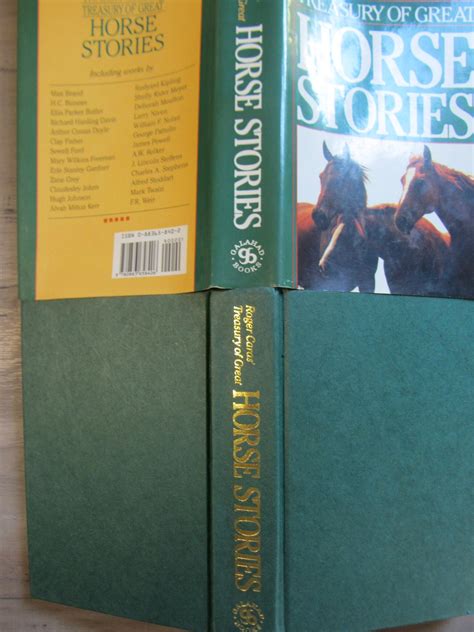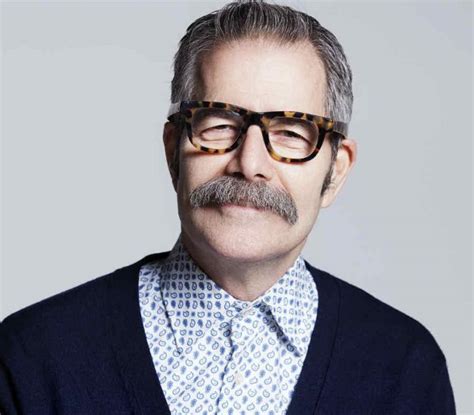A Quote by Rebecca Goldstein
Our humanist community should be thinking more about demonstrating the fundamental truth that goodness requires neither God nor the belief in God by organizing together as a community to do good. Less money spent on billboards that just make us feel good about ourselves and more on soup kitchens and organized visits to the sick and dying.
Quote Topics
About
Belief
Belief In God
Billboards
Community
Demonstrating
Dying
Feel
Feel Good
Fundamental
God
Good
Goodness
Humanist
Just
Less
Less Money
Make
Money
More
Neither
Nor
Organized
Organizing
Our
Ourselves
Requires
Should
Sick
Sick And Dying
Soup
Soup Kitchens
Spent
Thinking
Together
Truth
Us
Visits
Related Quotes
Honesty before God requires the most fundamental risk of faith we can take: the risk that God is good, that God does love us unconditionally. It is in taking this risk that we rediscover our dignity. To bring the truth of ourselves, just as we are, to God, just as God is, is the most dignified thing we can do in this life.
Pride is the switch that turns off priesthood power. Humility is a switch that turns it on . . . . Some suppose that humility is about beating ourselves up. Humility does not mean convincing ourselves that we are worthless, meaningless, or of little value. Nor does it mean denying or withholding the talents God has given us. We don't discover humility by thinking less of ourselves; we discover humility by thinking less about ourselves. It comes as we go about our work with an attitude of serving God and our fellowman.
If God causes man to be sick, sickness must be good, and its opposite, health, must be evil, for all that He makes is good and will stand forever. If the transgression of God's law produces sickness, it is right to be sick; and we cannot if we would, and should not if we could, annul the decrees of wisdom. It is the transgression of a belief of mortal mind, not of a law of matter nor of divine Mind, which causes the belief of sickness. The remedy is Truth, not matter,--the truth that disease is unreal.
God never allows pain without a purpose in the lives of His children. He never allows Satan, nor circumstances, nor any ill-intending person to afflict us unless He uses that affliction for our good. God never wastes pain. He always causes it to work together for our ultimate good, the good of conforming us more to the likeness of His Son (see Romans 8:28-29).
In an age of information overload ... the last thing any of us needs is more information about God. We need the practice of incarnation, by which God saves the lives of those whose intellectual assent has turned them dry as dust, who have run frighteningly low on the Bread of Life, who are dying to know more God in their bodies. Not more about God. More God.
Christian community is like the Christian's sanctification. It is a gift of God which we cannot claim. Only God knows the real state of our fellowship, of our sanctification. What may appear weak and trifling to us may be great and glorious to God. Just as the Christian should not be constantly feeling his spiritual pulse, so, too, the Christian community has not been given to us by God for us to be constantly taking its temperature.
We spent as much money as we could and got as little for it as people could make up their minds to give us. We were always more or less miserable, and most of our acquaintance were in the same condition. There was a gay fiction among us that we were constantly enjoying ourselves, and a skeleton truth that we never did. To the best of my belief, our case was in the last aspect a rather common one.
There is no shortage of good days. It is good lives that are hard to come by. A life of good days lived in the senses is not enough. The life of sensation is the life of greed; it requires more and more. The life of the spirit requires less and less; time is ample and its passage sweet. Who would call a day spent reading a good day? But a life spent reading -- that is a good life.
Cats make one of the most satisfying sounds in the world: they purr. [...] Almost all cats make us feel good about ourselves because they let us know they feel good about us, about themselves, and about our relationship with them. A purring cat is a form of high praise, like a gold star on a test paper. It is a reinforcement of soemthing we would all like to believe about ourselves -- that we are nice.
True belief is not about blind submission. It is about open-eyed acceptance, and acceptance requires persistent distance from the truth, and that distance is doubt. Doubt, in other words, can feed faith, rather than destroy it. And it forces us, even while believing, to recognize our fundamental duty with respect to God's truth: humility. We do not know. Which is why we believe.
In the family, life is brought not only to our doorstep, but into our kitchens, bedrooms, and dens. In the family, life is happening all around us, and it begs to be questioned, evaluated, interpreted, and discussed. There is no more consistent, pregnant, dynamic forum for instruction about life than the family, because that is exactly what God designed the family to be, a learning community.
God knows what is my greatest happiness, but I do not. There is no rule about what is happy and good; what suits one would not suit another. And the ways by which perfection is reached vary very much; the medicines necessary for our souls are very different from each other. Thus God leads us by strange ways; we know He wills our happiness, but we neither know what our happiness is, nor the way. We are blind; left to ourselves we should take the wrong way; we must leave it to Him.
It is difficult to see ourselves as we are. Sometimes we are fortunate enough to have good friends, lovers or others who will do us the good service of telling us the truth about ourselves. When we don't, we can so easily delude ourselves, lose a sense of truth about ourselves, and our conscience loses power and purpose. Mostly, we tell ourselves what we would like to hear. We lose our way.
God gave me my money. I believe the power to make money is a gift from God . to be developed and used to the best of our ability for the good of mankind. Having been endowed with the gift I possess, I believe it is my duty to make money and still more money and to use the money I make for the good of my fellow man according to the dictates of my conscience.





































